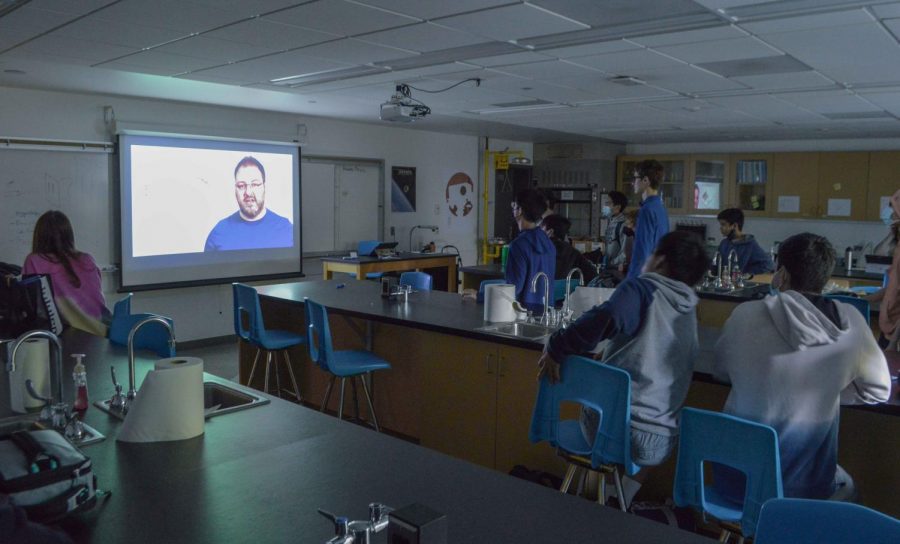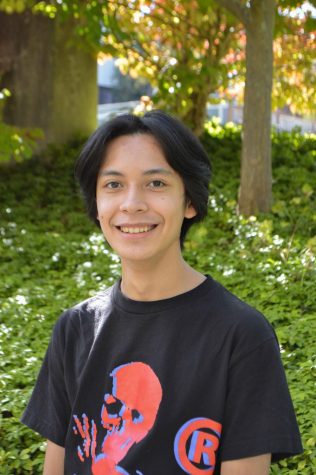Is There Chemistry In This Club?
October 15, 2021
Assemblies, retreats, full classrooms, and clubs! Seattle Prep is finally back for full in-person learning. Because of the spread of the pandemic, not being able to meet in person made it difficult for club members to come together. Nevertheless, students and faculty alike worked together to keep students engaged in the clubs they attended.
This year, clubs are fully back in action, some are familiar, and some are new. Founded by Marcus Yeung ’24, and moderated by Science Teacher Dr. Kristina Kipp, one of the new clubs this year is Science Club. When asked what motivated him to start the club, Yeung said that there were “not much opportunities for STEM besides robotics.” The club’s main goal is to have fun, do experiments, and learn about science.
Because it is just starting out, there isn’t a set plan on what the club will do. The club recently had their first meeting to brainstorm and introduce everybody. Dr. Kipp said, “the long-term plans are driven by what the people are interested in.”
During the meeting, students pitched their ideas on what they wanted to do. These ideas included: classical science experiments, double slit experiments, building and launching model rockets, egg drops, and the most popular request, experiments involving explosions. Dr. Kipp clarifies, “Initially [we] will do what people are interested in exploring and do experiments and demonstrations from different fields of science.”
Currently, there is no overarching goal of the club, “it’s for students who are exited for science and it gives them an avenue for things they aren’t able to do in class,” adds Dr. Kipp. Later in the year the club hopes to participate in science fairs (or Olympiads) if the students are interested.
The club will be meeting every other Wednesday in A103. The meetings are casual, and students can come whenever. So far, the club has around 30 members who have signed up–mostly freshman and sophomores, as well as some juniors and seniors–but Yeung notes that all students are welcomed and encouraged to “come to at least one meeting.”



